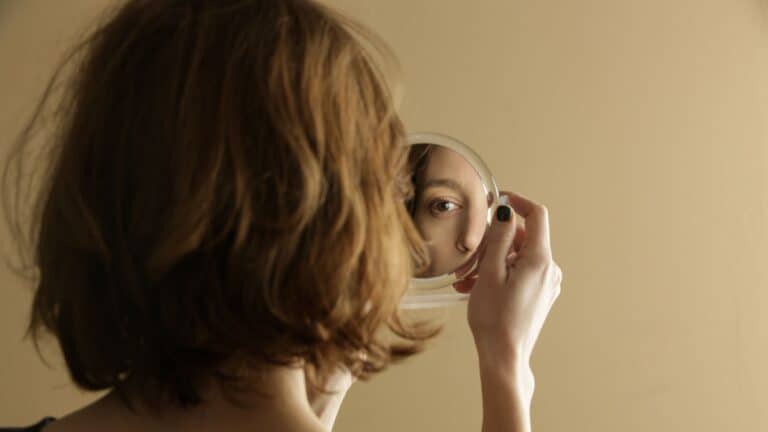The One Post-Sex Habit Every Woman Should Know for Better Health!
Sexual health is an important aspect of overall well-being and understanding the practices that can help maintain it is crucial. One such practice is urinating after sexual intercourse. While it may seem like a small step, peeing after sex can have significant health benefits, particularly for women.
Preventing Urinary Tract Infections (UTIs)

One of the primary reasons women are advised to pee after sex is to help prevent urinary tract infections (UTIs). During sexual activity, bacteria from the genital area can be introduced into the urethra.
Anatomy Plays a Role

Women are more susceptible to UTIs because their urethras are shorter and closer to the anus, making it easier for bacteria to reach the bladder. Urinating after sex can help flush out these bacteria from the urethra before they have a chance to cause an infection.
Understanding the Anatomy and Risk Factors

The female anatomy plays a significant role in the increased risk of UTIs. The proximity of the urethra to the vagina and anus means that bacteria can easily be transferred during sexual activities.
An Easy Habit To Adopt

This anatomical factor, combined with the friction that occurs during intercourse, can facilitate the movement of bacteria into the urinary tract. Therefore, urinating after sex is a simple yet effective way to reduce this risk.
The Clock Is Ticking

While there is no strict rule about the exact time to pee after sex, many experts suggest doing so within 30 minutes to maximize the potential benefits.
Timing and Technique

This timeframe allows for the effective flushing of bacteria before they can ascend the urinary tract. If you find it difficult to urinate immediately after sex, drinking a glass of water may help stimulate the urge.
Myths and Misconceptions

It’s important to note that while peeing after sex can help reduce the risk of UTIs, it is not a foolproof method. It does not prevent sexually transmitted infections (STIs) or pregnancy, as these involve different biological processes.
Understand The Limitations

The urethra and vagina are separate anatomical structures, so urinating will not affect any sperm present in the vagina. For STI prevention, using condoms is recommended.
Conclusion

Incorporating the habit of urinating after sex into your routine can be a beneficial practice for maintaining urinary tract health. While it is not a guaranteed method to prevent UTIs, it is a low-risk and easy step that can help reduce the likelihood of infection. As always, if you experience symptoms of a UTI, such as a burning sensation during urination or frequent urges to urinate, it is important to consult a healthcare professional for appropriate treatment.
You may also want to read: Understanding Pelvic Floor Therapy: A Comprehensive Guide
Science Tells Us What To Expect As We Age: Strategies For Thriving In Later Life

How does aging affect our bodies and minds, and how can we adapt to those differences? These are questions that pertain to us all. Aging gradually alters people over decades, a long period shaped by individuals’ economic and social circumstances, their behaviors, their neighborhoods, and other factors. Also, while people experience common physiological issues in later life, they don’t follow a well-charted, developmentally predetermined path. Let’s take a look at what science has told us to expect. Read: Science Tells Us What To Expect As We Age: Strategies For Thriving In Later Life
3 Simple Somatic Movements You Can Do To Calm Your Nervous System

Daily life can be unnerving. And it’s easy to go from calm to anxious or nervous in a flash. What’s harder is to go from anxious or nervous to calm.These simple movements that I am going to share here have been found to successfully move an individual from a state of anxious nervousness to a state of calm. Read: 3 Simple Somatic Movements You Can Do To Calm Your Nervous System
Join Us

Join us on this empowering journey as we explore, celebrate, and elevate “her story.” The Queen Zone is not just a platform; it’s a community where women from all walks of life can come together, share their experiences, and inspire one another. Welcome to a space where the female experience takes center stage. Sign up for our newsletter so you don’t miss a thing, Queen!








